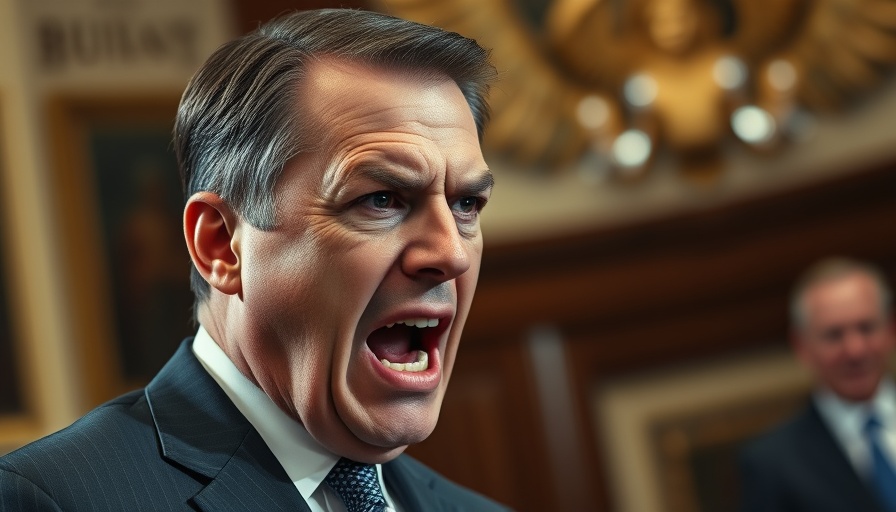
A Diplomatic Breakthrough: Understanding the Venezuela-El Salvador Swap
On July 18, 2025, a significant diplomatic event unfolded as Venezuela released ten American citizens who had been jailed in the country. This move was part of a larger deal to repatriate Venezuelan migrants from El Salvador to their homeland. The agreement underscores complicated international relations intertwined with immigration policies and national security concerns.
Background to the Release
The release came in response to the U.S. deportation of hundreds of migrants, mainly Venezuelans, back to El Salvador as part of stricter immigration measures initiated during Trump's presidency. This strategy, aimed at addressing rising crime and gang-related issues, saw the deportation of individuals deemed undesirable. In return for the Americans released, El Salvador agreed to return a significant number of Venezuelan migrants it had detained.
Reactions from Government Officials
U.S. Secretary of State Marco Rubio expressed gratitude and relief in a statement, asserting that "every wrongfully detained American in Venezuela is now free and back in our homeland." The statement also highlighted the collaborative efforts of El Salvadoran President Nayib Bukele, who played a crucial role in facilitating the swap.
President Bukele welcomed the arrangement but also acknowledged the hefty price paid by the Venezuelan government to secure the freedom of its detainees. The exchange symbolizes a term of negotiation that includes diplomacy at its core, showcasing the importance of international cooperation.
The Bigger Picture: Implications for U.S.-Latin America Relations
This event marks more than a simple exchange of prisoners; it reflects changing dynamics and ongoing dialogues between the U.S. and Latin American countries. The implications of this deal may set a precedent for future negotiations, as countries grappling with influxes of migrants may seek similar agreements. The event raises questions about how immigration policies will evolve, especially in light of heightened security measures triggered by crime and political instability in the region.
Lessons and Consequences: Understanding Public Sentiment
The release of the ten Americans has evoked mixed responses from various segments of the American public. While some celebrate the return of their compatriots, others are critical of the U.S. government's strategies and perceived concessions in dealing with foreign regimes. This complex emotional landscape underscores a broader tension surrounding how the U.S. confronts human rights issues abroad while maintaining national security interests.
Future Perspectives: What Lies Ahead for Venezuelan Americans?
This prisoner swap not only illuminates the complexities of international diplomacy but also points to potential shifts in societal attitudes toward Venezuelan Americans and migrants more broadly. As discussions around immigration reform continue, it will be vital to consider how narratives of humanity—of families and individuals impacted by such decisions—shape public opinions and policies moving forward. Given the growing immigrant populations in the U.S., cultivating understanding and compassion across borders has never been more crucial.
The Path Forward: Bridging Ties between Countries
As governments navigate these challenges and opportunities, there may be a chance for improved diplomatic relations. The delicate balancing act of addressing humanitarian needs while maintaining security cannot be overstated. Moving forward, building connections with countries like Venezuela and El Salvador, despite their intricate histories, will be a vital step toward a unified approach to global migration challenges.
 Add Row
Add Row  Add
Add 




Write A Comment